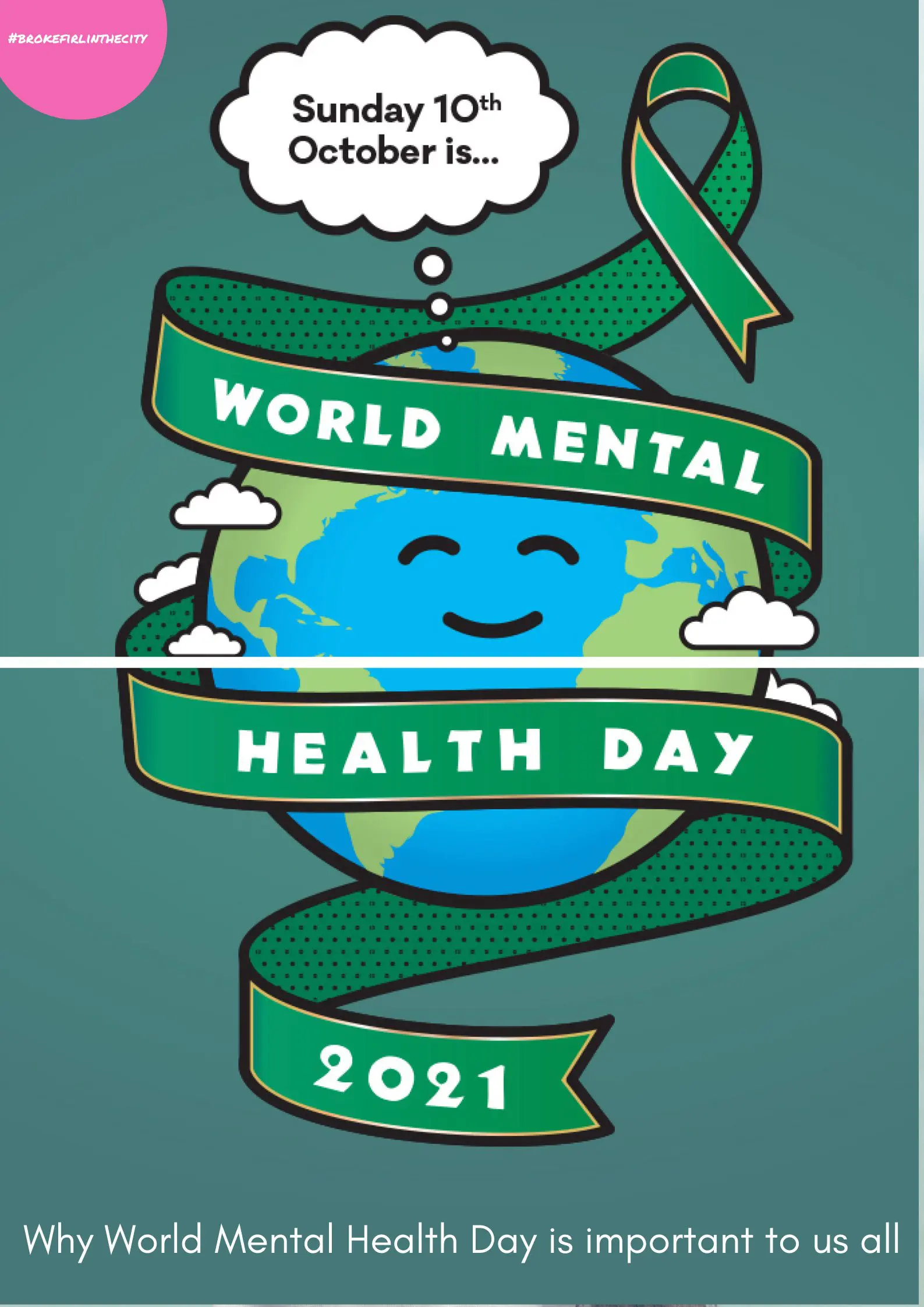
World Mental Health Day is recognised on 10th October by The World Health Organisation.
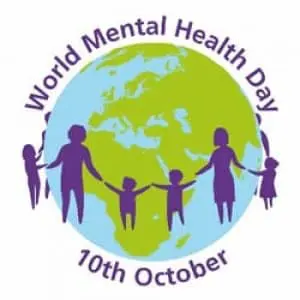
Each year World Mental Health Day has its own theme. In 2021 it was psychological first aid and the support people can provide to those in distress. This year it’s mental health in an unequal world.
Whether you personally suffer from depression or know someone who does, it is important to educate yourself & also be able to help those around you.
Many people suffer from ‘high-functioning depression or a mental health probem
Mental Health is an invisible illness. Many people lead their lives as normal; smiling, laughing, performing well at work and socialising at night. Make-up, clothes and a smile are easy ways to mask depression and hide it from everyone around you. However, sometimes you are feeling anything but alright inside. Depression is more often than not coupled with anxiety.
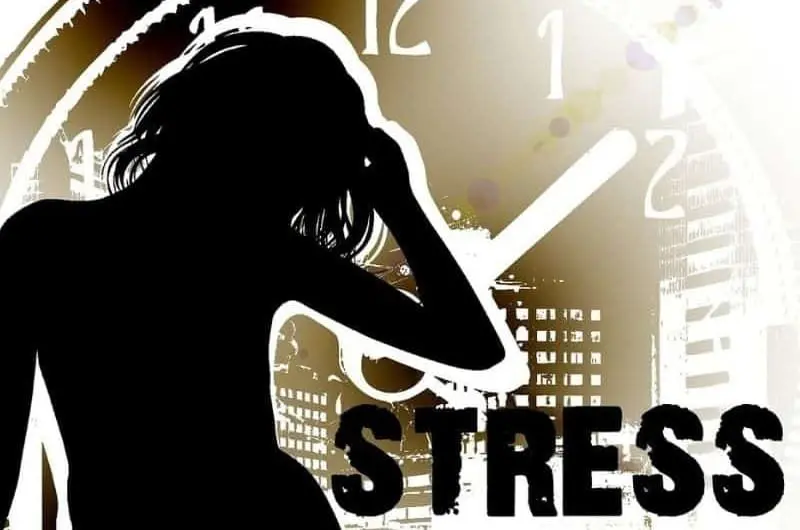
5 Tips on how to deal with Financial Stress
Living with debt can be very stressful. Most of us are in debt in some form. Student loans. Bank loans. Reconsolidation loans. Credit cards. Payday loans. Sometimes the pressure of debt can get a bit too much. So here are some top tips on how to cope with financial stress arising from debt.

Statistics provided by the Mental World Organisation
- Mixed anxiety and depression are the most common mental disorder in Britain.
- As many as 10% of people in England will experience depression in their lifetime.
- The poorer and more disadvantaged are disproportionately affected by common mental health problems and their adverse consequences.
- 10% of mothers and 6%of fathers in the UK have mental health problems at any given time.
- 1 in 5 teens experiences a mental health problem in any given year.
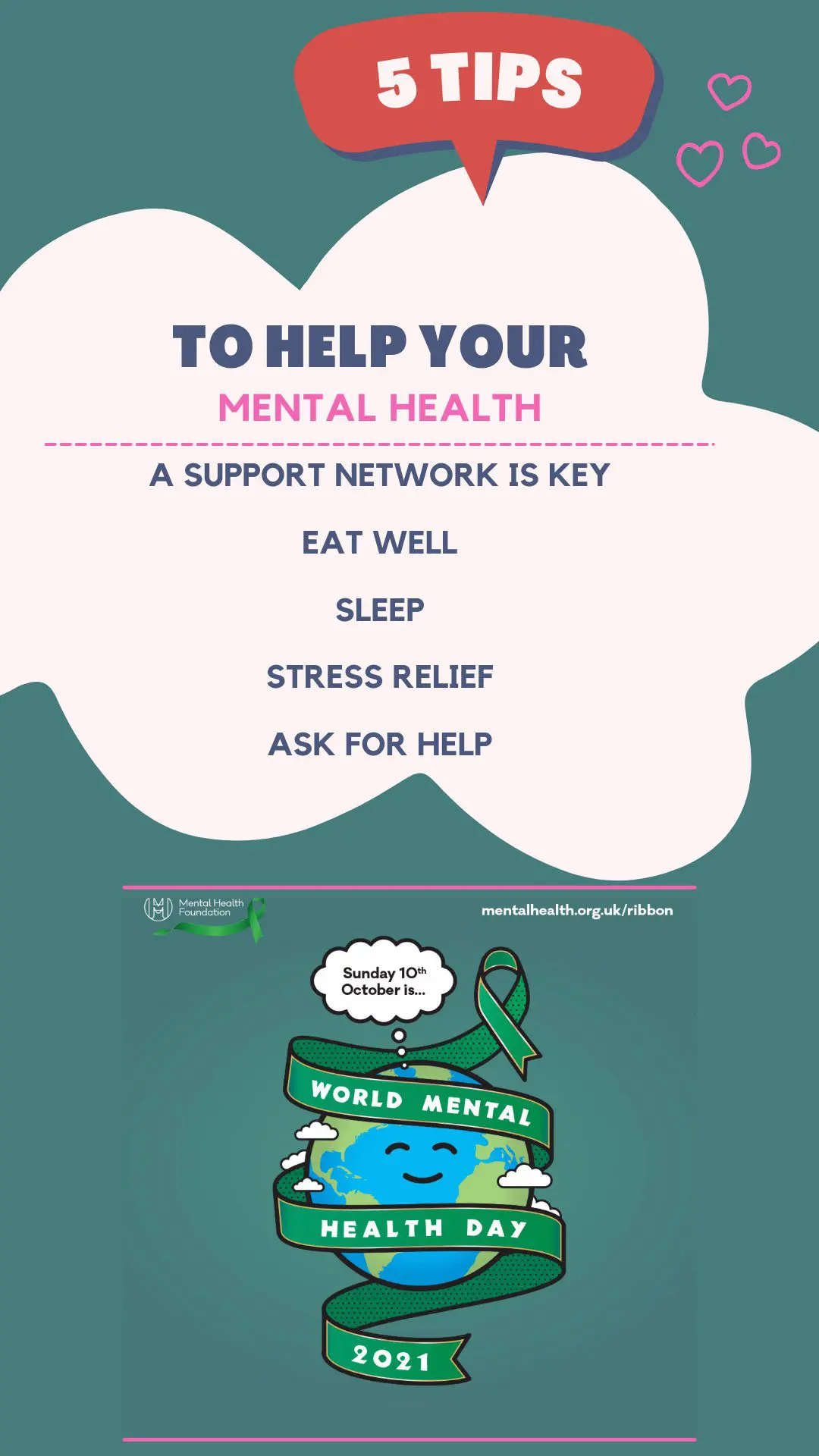
5 tips for World Mental Health Day
1. A support network is key
It can be stressful and sometimes very lonely working and living in the city. Figure out your support network. Friends are so important. It’s easy to distance yourself during times of depression or when your mental health is suffering, but nothing beats being with friends and loved ones. If they love you, they will support you through tough times. Don’t forget to also check in with family.

2. Eat well
Not eating or eating too much are also recognisable symptoms. Coffees and red-bulls often replace a healthy diet to counteract insomnia and an overwhelming sense of fatigue. It is really important to eat well and drink water throughout the day, especially if you drink wine in the evenings to self-medicate and cope with depression. Starving your body of nutrients won’t help your mental health. Prioritise what you put into your body.

3. Sleep is important
Not being able to sleep or sleeping too much are also tell-tale signs of suffering mental health. If you feel you can’t get out of bed in the morning, as you have been awake all or part of the night. It’s time to look at your sleeping patterns. Your bedroom is all-important. So, invest in a nice duvet set. Keep your bedroom clean. Don’t watch TV or work until late in your bedroom. Have sex! It will help you sleep & boost your mood.

4. Work out ways to alleviate stress
Stress is a massive trigger. It is important to not let stress build up, otherwise, depression can sink in over time.
Drinking and other recreational bad habits may be the go-to ways to self-medicate, but it won’t take away your anxiety or depression. If anything, it will make it ten times worse.
Talk to your line manager or HR if work stress is building up. Discuss problems with loved ones. Most importantly, be kind to yourself.
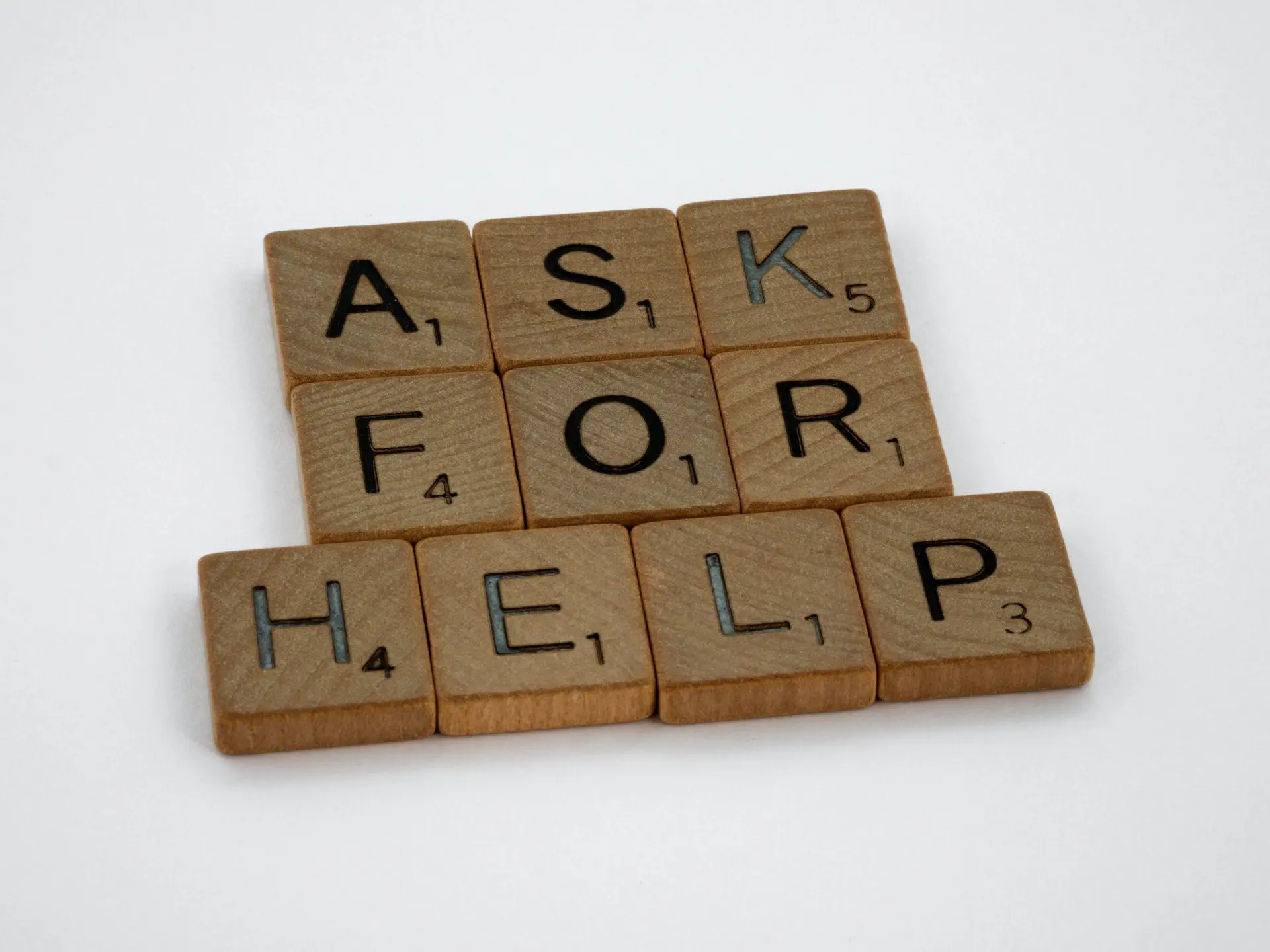
5. Ask for help…
It takes courage to tell people around you about your mental health. You will be surprised how many people will be supportive of you. They may be upset about those times you haven’t called or sent texts. Give people a chance to help you and you might be pleasantly surprised.
If you are depressed then talk to your GP. Find a therapist. It’s great having friends, but for more deep-rooted problems and mental health issues, find a professional you can talk things over with. If you are prescribed medication then don’t worry. You would take it for other medical problems such as asthma and diabetes, so mental health is no different.
